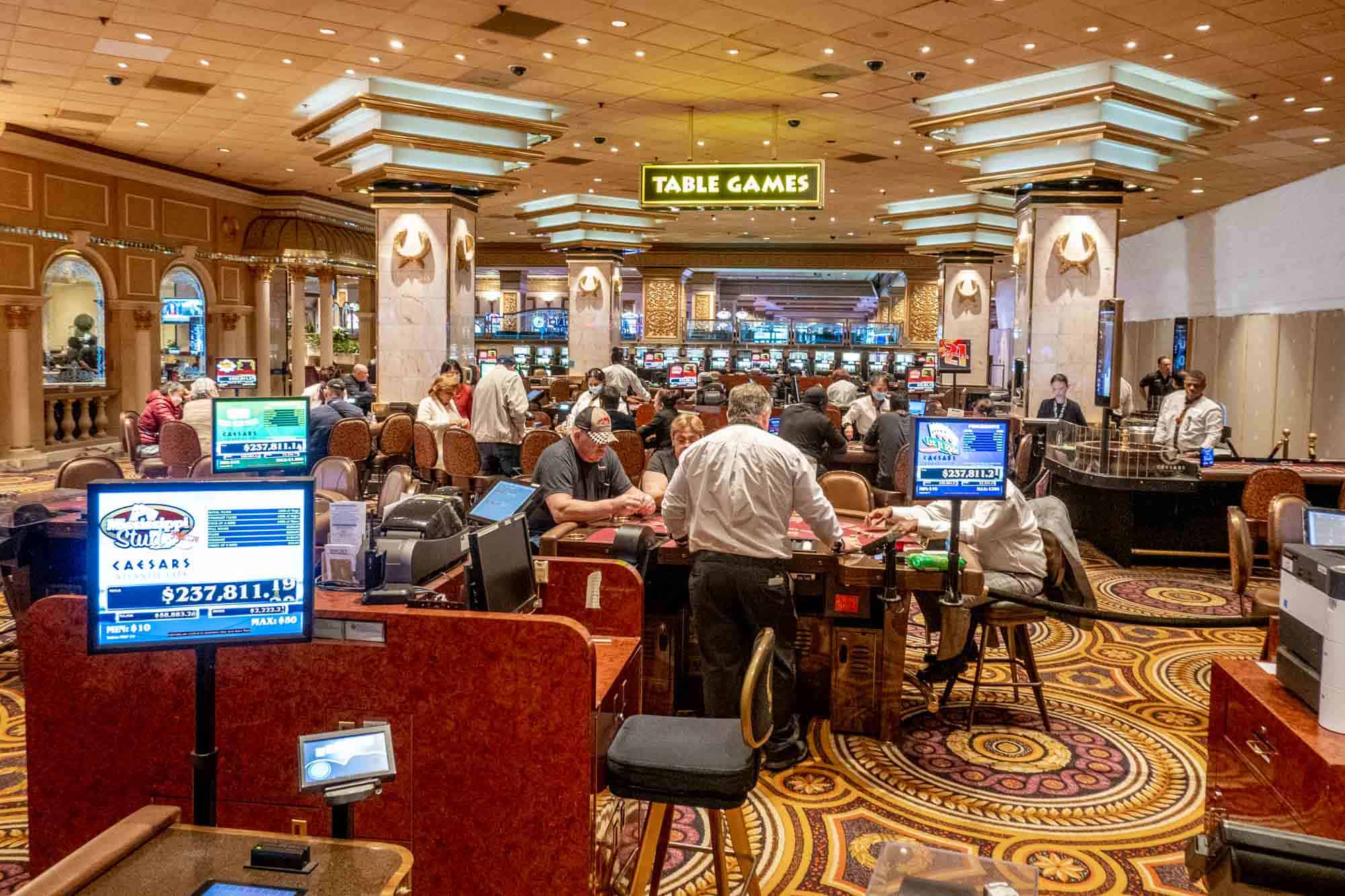
Gambling in casinos has long been a topic of fascination and debate, attracting millions of players around the world. With a blend of chance, skill, and the thrill of uncertainty, casino games offer an exciting escape from everyday life. However, as entertainment becomes ever more available, it calls for a more thorough examination of the ethical implications surrounding these games.
At the heart of the debate lies the question of whether casinos promote safe gambling or take advantage of vulnerable individuals. The allure of potential winnings versus the truth of losses can create a challenging dynamic, and understanding this balance is essential for both players and operators. As we delve into the morals of casino gaming, we will explore the duties of casinos, the effects on society, and the measures that can be taken to foster a healthier gaming environment.
The Impact of Casino Gaming on Society
Casino gaming has a notable influence on the community, affecting not only the economy but also social behaviors and local frameworks. The funds generated from casinos can lead to job creation and boost local economies, as they provide multiple employment opportunities in multiple fields including food and beverage, leisure activities, and shopping. However, while the financial benefits can be significant, communities often struggle with the potential negative impacts that arise from higher gambling activity.
Moreover, the presence of casinos can lead to an increase in gambling addiction, presenting serious challenges for individuals and families. The excitement of casino games can quickly transform into a compulsive habit, affecting connections with others and leading to monetary issues. Many individuals may struggle with the loss of control over their gambling behaviors, resulting in a need for community support services and help to address this increasing issue. The social cost of gambling addiction can extend through kinships and neighborhoods, creating an urgent need for responsible gaming initiatives.
In addition to the economic and social consequences, casino gaming often showcases cultural attitudes towards risk and entertainment. It can foster a sense of excitement and leisure, attracting tourists and boosting tourism. However, this allure may also conceal the wider implications of gambling as a form of entertainment, provoking ethical questions about its promotion and availability. As communities weigh the benefits and disadvantages of casino gaming, the need for responsible practices and oversight becomes increasingly critical in ensuring that the beneficial elements are maximized while reducing the negative effects.
Ethical Concerns in Betting Practices
The morality of gambling operations often revolve around the potential for addiction and its consequences on people and households. Gambling can lead to significant monetary distress, impacting not only the gamblers but also their loved ones. As people become entrapped in the appeal of winning, many lose track of their budget, which can result in devastating results such as insolvency. This raises moral questions about the responsibility of casinos in fostering safe gambling habits and providing support for those who may be struggling with gambling addiction.
Another major concern is the promotion of gambling to vulnerable groups. Gambling establishments often target low-income individuals or communities with the promise of quick rewards, which can continue cycles of financial struggle and despair. In this context, the morality of marketing strategies used by casinos come under scrutiny, as they may exploit the need of people seeking an way out from economic troubles. This exploitation raises ethical questions about the honesty of the betting industry and its obligation to safeguard its most vulnerable customers.
Additionally, the impact of gambling operations on society as a entirety cannot be ignored. While some argue that gambling establishments create employment and boost local economies, others point to the community costs associated with problem betting, increased criminal rates, and a burden on public services. Balancing financial advantages with the potential for social harm presents a complex moral dilemma for policymakers and casino operators alike. The challenge lies in discovering a responsible approach that prioritizes the welfare of individuals and communities while still permitting for the enjoyment of gambling gaming.
Regulatory System and Obligations
The oversight system pertaining to gaming activities is designed to ensure fairness, trustworthiness, and participant safety. Various government bodies and casino commissions establish and implement regulations that dictate how casino games work, the standards for game design, and the protocols for processing winnings. These regulations differ by region but usually involve licensing requirements for operators and strict measures to stop deception and dishonesty.
In addition to oversight bodies, gambling establishments bear significant duty in preserving principled standards within their establishments. They must adopt responsible gambling practices that support participant protection and consciousness, including offering self-limitation options and providing information about the risks connected to gaming. Casinos are also accountable for educating employees to spot signs of problem gambling and understand the appropriate actions to assist visitors in distress.
Furthermore, clarity in casino operations is crucial for building and keeping public trust. Gaming establishments should provide clear details about the probabilities of activities, promotional offers, and any connected dangers. By creating an culture of transparency and responsibility, gambling establishments can help reduce the possible negative impact of betting while improving the complete gambling experience for all participants. Nổ hũ
